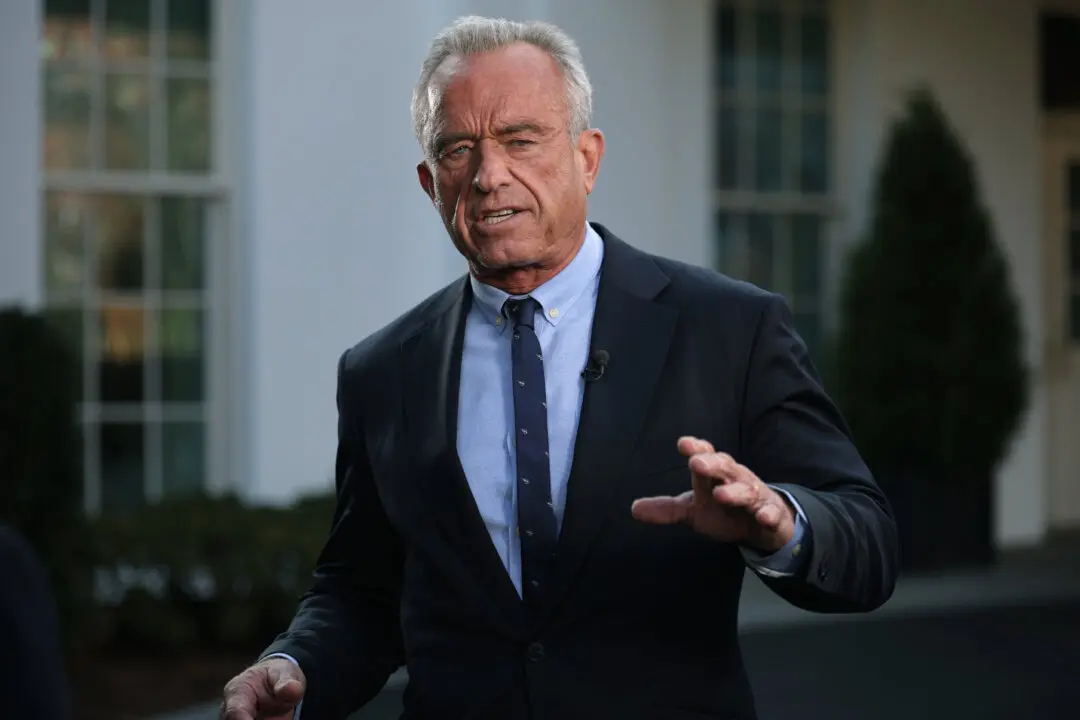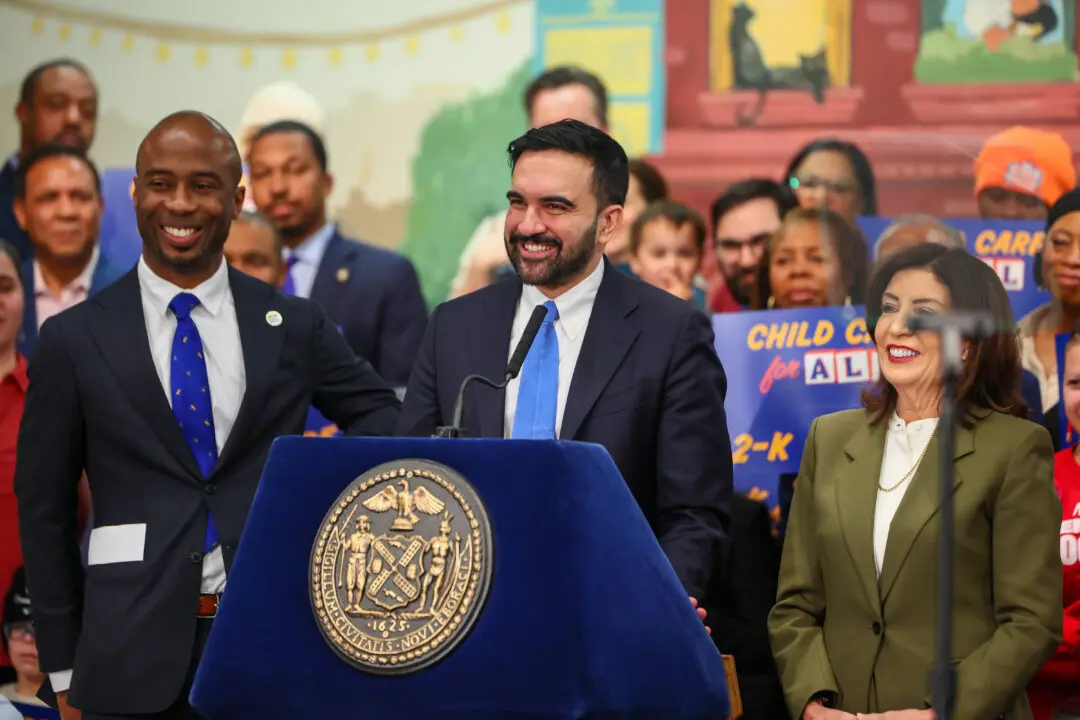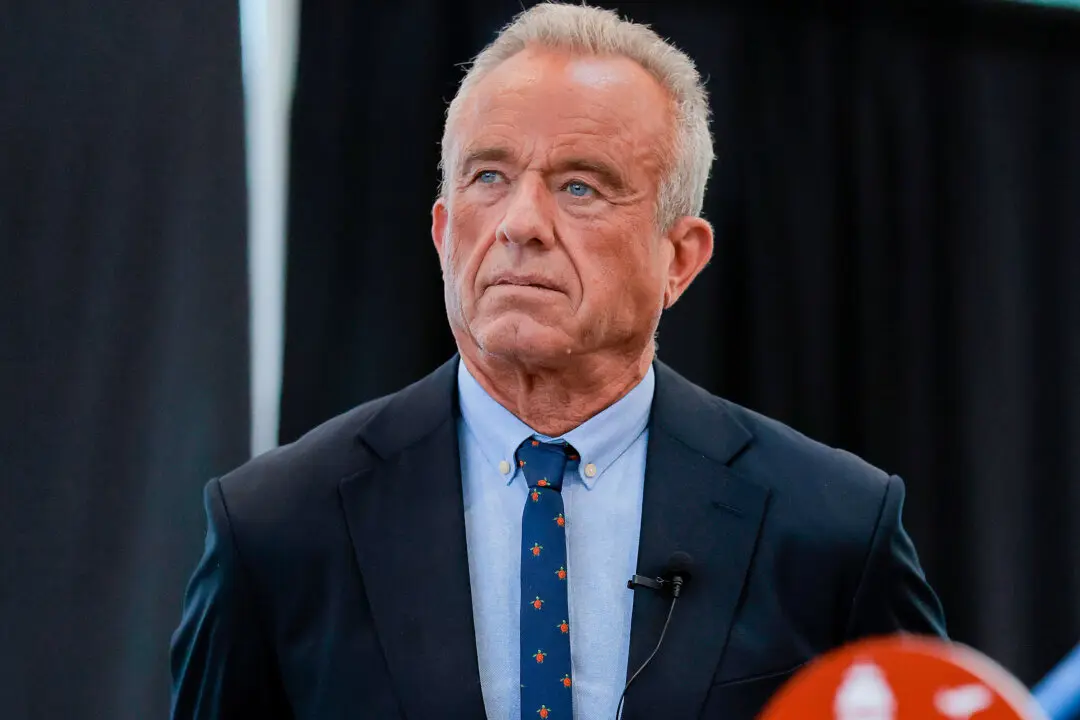A federal judge on Friday closely questioned lawyers who filed a lawsuit challenging the 2020 election, the second such hearing in the United States in less than a week.
U.S. Magistrate Judge N. Reid Neureiter queried lawyers Gary Fielder and Ernest Walker on whether they conducted due diligence before filing a suit last year that claimed Dominion Voting Systems, whose equipment is used in the state, and other defendants colluded to interfere in the 2020 election.





